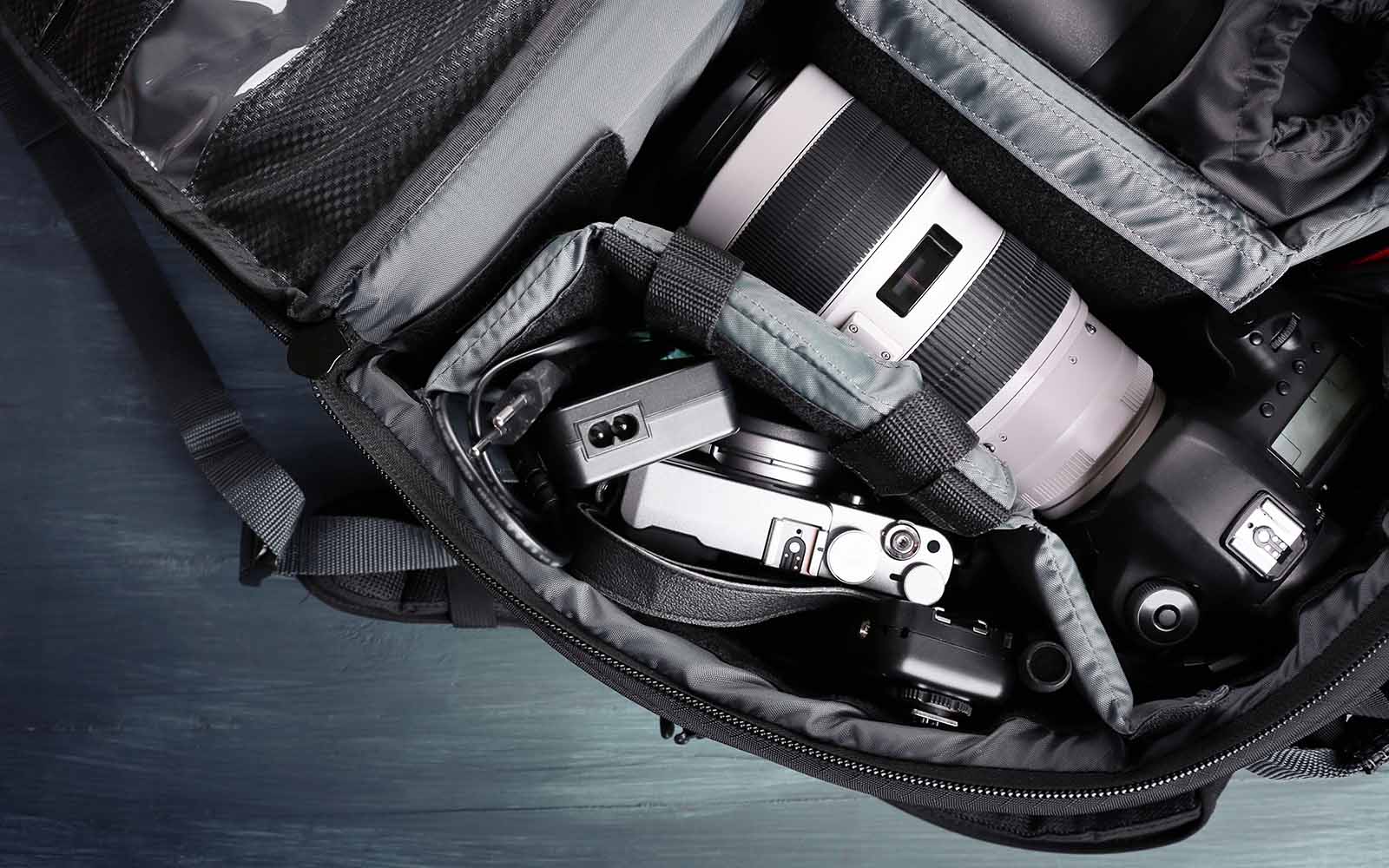Is it possible to speed teach a new photographer about the rules of photography composition in less than 500 words? I honestly, don’t know, but we are going to give it a damn good try!
Firstly, this intro doesn’t count, I’m not that brave! I’ll let you know when our word count begins.
So why I am doing this? Well it’s not to oversimplify the rules of photography and somehow diminish their importance. Instead, I hope it’s a little refresher to those photographers just want a little a quick reminder on different ways to compose their shots.
And if you want to see if we actually kept ourselves in check then feel free to copy and paste the follow text in to word counter.
Begin the count…

Split your composition into a frame. See it as 9 areas using 2 horizontal and vertical lines. Place different elements into each row or column. Important subjects sit on the cross points.
Use strong visual lines to force the attention of your audience through your image or towards a subject. Compositional lines can be straight or curved. Consecutive lines can increase the impact.

When using negative space in compositional photography place, a small sub-subject in the void opposite to your main subject. This should be an item/feature that adds more backstory to the image.
Based on the mathematics of Fibonacci, the Golden Spiral or Golden Ratio is an uncommon photography composition. Based on the ratio 1:1.618 it is a complexed series of areas larger than the one before. It creates a through line which charts a perfect yet invisible compositional curve.
By using water, glass, mirrors and highly polished surfaces, reflections offer a double view on a single subject. Used most commonly in portraits and street photography, reflections offer an abstract approach by having one inverted view.
Read more about reflection photography here.

Aim to create another frame within your photography composition that encapsulates your main subject. Think about archways, doorways, tunnels, picture frames or windows for example. The more edges to your frame you can apply the strong the composition will be.
Read more about framing here.

Strong patterns in a compositional photograph offers a pleasing composition. Think about using contrasting patterns between foreground and background as well as matching patterns working in opposite directions for a contrasting effect. Use complementary colours achieve a bolder finish.

Post-production cropping of your photograph can enhance the final composition of your image. If you aren’t able to achieve your perfect shot in camera then tweak it afterwards by removing those distracting elements. Try to keep to set ratios of 1:1, 3:2, 5:4 or 16:9 to make the crop cleaner and comfortable on the eye.
Yes! 495 words, including the titles! Phew, that was actually quite tricky. Hopefully it was still useful to those of you who wanted a little refresher course.
I wondered whether I could cover some other topics in under 500 words? Let me know if there are any other areas of photography that you need a little brush upon.
Get in touch with me on iPhotography as well as Facebook, Twitter, Instagram, Pinterest and YouTube.
Shooting sunsets using amazing 5-in-1 magnetic lens filters from Kentfaith, the 1st choice for photo & video products.
Popular memory cards for photography – what’s the best SD card for your digital camera? Choose the right capacity and class speed in our guide
Discover the BEST way on how to clean a camera sensor using swaps, rocket blowers and pencil brushes to give your shots a dust-free finish!
Learn the basics of photography – fast – with our FREE 60-Second Photographer online course. Each class is short and sharp with simple, actionable steps that give you immediate results.
x 30 lessons

© iPhotography™
Become a confident and competent photographer in less than 30 minutes!
Before you leave, make sure you’ve secured your FREE online photography course (worth £29.99)
Each class is just 60-seconds or less making it the fastest and easiest way to learn photography!